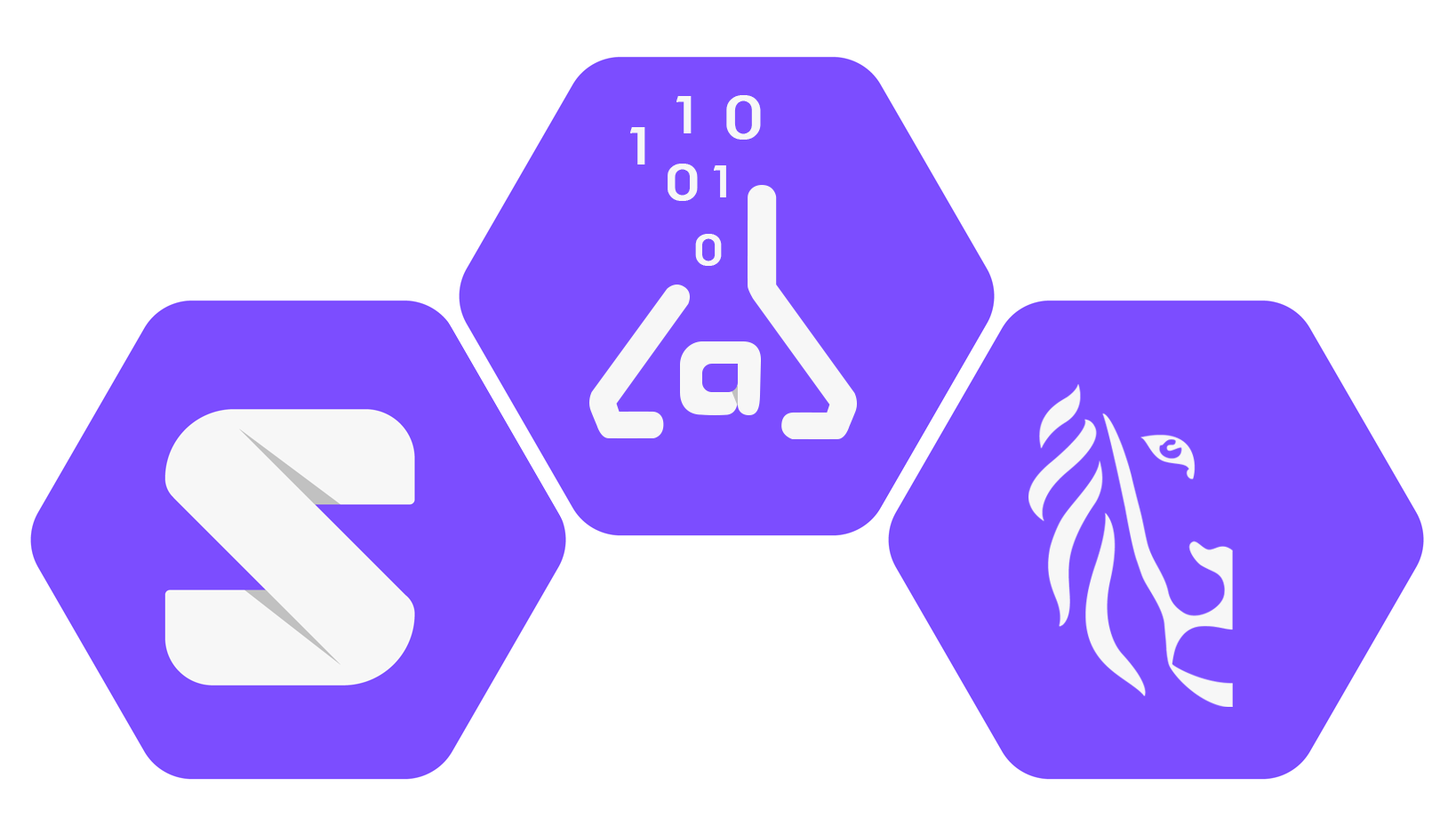Insights & take-aways from the SolidLab project
Today, internet users do not know what data about them is being stored. Also, they lack effective tools to control how their personal data is processed, or by whom. This has led to a sizable share of internet users feeling overwhelmed and disempowered when it comes to protecting the security and privacy of their personal data. This continuing decline in trust in the processing and fair use of personal data has by now been well documented and captured in concepts such as ‘privacy apathy’, ‘privacy cynicism’, ‘privacy fatigue’ or ‘digital resignation’.
Solid can halt and mitigate this decline by putting people in control of their data by enabling them to securely store their data in decentralized pods (Personal Online Data Stores). However, little is known on how the use of a Solid pod impacts users’ perceived transparency, understanding, control and trust in how their personal data is handled nor on behavioural intention. Also, almost no research has been conducted on how end-users perceive Solid Pods or their willingness to accept and use such technology. In addition, there is limited information about how private and public organizations can engage with Solid to create added value and new services. Governance and policy mechanisms are required to create a trusted environment for data sharing through. However, it is unclear how such ‘data ecosystems’ should be designed.
Given the above, this full-day session will delve deeper into business, governance, legal and end-user-related insights gained during the first years of the imec SolidLab project.
The session is composed of :
11u05 – 11u25 Mapping the Solid Ecosystem
We uncover the decentralized Solid ecosystem by showing what business roles are present for different stakeholders in data spaces. We will provide insights on how these business models work for these different stakeholders including several examples. (maarten.demildt@ugent.be & melanie.verstraete@ugent.be)
11u25 – 11u45 Semantic Interoperability in the Solid Ecosystem and the balance between data sharing and data protection
Semantic interoperability sets the stage for a broader evolution in data sharing. In that respect, it remains to be seen whether the existing balance between data sharing and data protection, as set out in the GDPR, and the tools that shape this balance, namely a framework of principles and rights, can still be maintained in their current form. (michiel.fierens@kuleuven.be)
11u45 – 12u05 Are organisations ready for Solid?
This session highlights the drivers and barriers for both private and public organisations to consider Solid adoption. It concludes with recommendations on how to build a Solid ecosystem. (ruben.dhauwers@vub.be)
12u05 – 12u30 Putting data intermediation services into the market: consequences and pitfalls
The Data Governance Act (DGA) is to promote a neutral data intermediation service provider to create trust in data sharing. However, in its current form, the DGA can significantly limit the viability of the business model of data intermediation services. Some adjustments to the DGA are necessary to mitigate this negative impact. (melanie.verstraete@ugent.be & michiel.fierens@kuleuven.be)
Lunch
13u30 – 13u50 How to align business & governance in Solid ecosystems?
The decoupling of data and applications, in combination with a changing legal environment (Data Governance Act), leads to changing requirements in terms of data governance. For instance, the need to ensure data quality in an ecosystem with a wide variety of actors. This also opens business opportunities for data verifiers, ecosystem auditors or standardization organizations. Currently there is still uncertainty as to how sustainable business models can be combined with resilient governance models. This session will explore various governance and business models for data ecosystems and how these can be aligned. (maarten.demildt@ugent.be)
13u50 – 14u10 Surveillance or empowerment? The discourses of Personal Data Stores
This session explores how Personal Data Stores balance individual, commercial and societal interests through an analysis of the current market offering. We investigate an intersective approach to data governance to better balance these individual and societal needs. (sander.vandamme@ugent.be)
14u10 – 14u35 ‘Are users ready for this?’
Solid proposes to give power over data back to the people and wants to create added value in many facets. However, the perspective of the Flemish population on embracing Personal Data Stores remains largely unexplored. In this session, we will delve into the results of SolidMonitor 2022 & 2023: a yearly recurring large-scale enquiry into the adoption potential of Personal Data Stores in Flanders and attitudes of the Flemish population. (mathiasp.maes@ugent.be)
14u35 – 15u00 ‘Can users cope with this/understand this/use this?’
Are Solid pods a promising approach to enhance users’ perception of data transparency and control and how can we enhance Users’ Attitudes towards WebIDs are some of the research questions that will be addressed during this talk. (August.bourgeus@vub.be)
Break
15u30 – 15u55 ‘(How) Should users cope with this?’
While Solid offers a framework for fine-grained control over personal data, users may still struggle to rationally weigh the advantages and drawbacks of data sharing. This is due to individual and structural limitations such as cognitive biases, privacy fatigue, lack of knowledge, time constraints, excessive amounts of consent notices and the inability to predict the future benefits and harms of data sharing. We show how collaborative approaches to data management, such as data trusts and cooperatives, allow individuals to overcome these limitations and have more meaningful control over how their data are used. (sander.vandamme@ugent.be)
15u55 – 16u20 ‘How do users want this (in a media context)?’
This talk presents results of the Solid4Media project focusing on how users envision using pods in a media-context, and which features and use cases they find attractive or appealing. (Stephanie.vanhove@ugent.be)
16u20 – 17u00 ‘How should we continue?’ Panel discussion with various session participants and other stakeholders.
